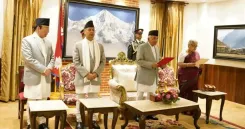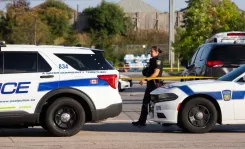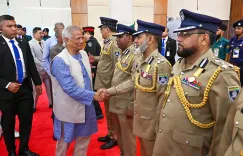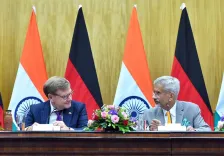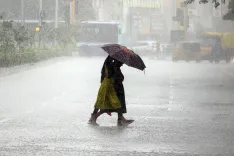Is the Disaster Relief in Pakistan-occupied Gilgit-Baltistan in Crisis?
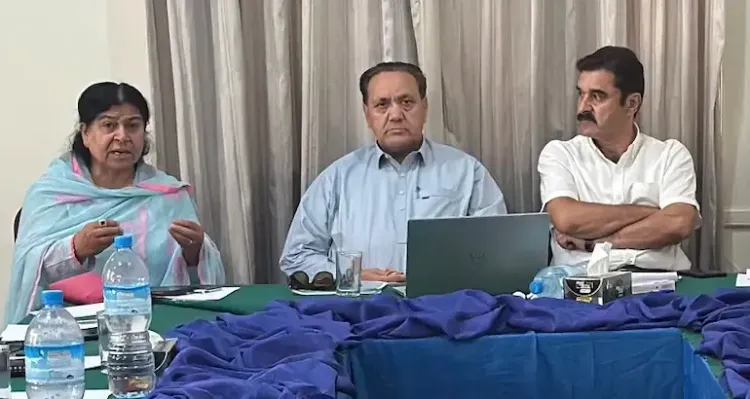
Synopsis
Key Takeaways
- Human rights defenders are raising concerns about disaster relief in PoGB.
- Displaced families lack basic necessities like clean water and healthcare.
- Vulnerable populations require urgent assistance and equitable access to relief.
- The HRCP emphasizes the need for transparency and accountability in relief efforts.
- Climate justice initiatives should be included in educational curricula.
Islamabad, Sep 13 (NationPress) Numerous human rights advocates and community representatives have expressed serious concerns regarding the poor state of disaster relief in Pakistan-occupied Gilgit-Baltistan (PoGB). They noted that an increase in floods, landslides, and glacial lake outbursts has resulted in marginalized communities suffering the most from this catastrophe.
During an outreach meeting organized by the Human Rights Commission of Pakistan (HRCP) in PoGB last Friday, participants underscored that displaced families are compelled to reside in hazardous shelters, lacking access to clean water, electricity, healthcare, and education.
The meeting highlighted the neglect faced by women, children, daily-wage earners, individuals with disabilities, and transgender individuals, with mental health issues receiving little attention. Furthermore, the lack of transparency and accountability in the relief funds was also criticized.
According to the HRCP, stakeholders at the meeting unanimously passed a resolution emphasizing the need for an inclusive, transparent, and dignified disaster response in PoGB. This approach should involve multi-sectoral coordination, community-led monitoring and rehabilitation, and clear accountability in the use of relief funds. Moreover, it called for safeguarding vulnerable households through fair compensation and relocation from high-risk areas. The resolution also proposed incorporating climate justice initiatives, such as reforestation and disaster preparedness measures, into the educational curriculum.
On Wednesday, the HRCP expressed alarm over the catastrophic floods that have impacted Pakistan, stating that these disasters are not merely 'natural' but are “manmade, driven by poor planning, land acquisition, deforestation, corrupt practices, and inaction on climate issues.” The rights organization asserted that the state and successive Pakistani governments must be held accountable for the ongoing crisis.
“While rescue and relief operations are currently in progress, the HRCP emphasizes the need for these efforts to be swiftly expanded, including the mobilization of additional rescue teams and the establishment of more relief camps that provide equitable access to food, shelter, clean drinking water, and medical services. Special attention must be directed towards the most vulnerable populations: women, children, the elderly, and individuals living with disabilities,” stated the rights organization.
The HRCP urged both the federal and provincial governments of Pakistan to acknowledge their constitutional responsibilities, display political will and foresight, and undertake decisive and inclusive actions to prevent the nation from becoming ensnared in cycles of annual displacement and disaster.

